Indigenous Governance Database
Native Know-How Resources
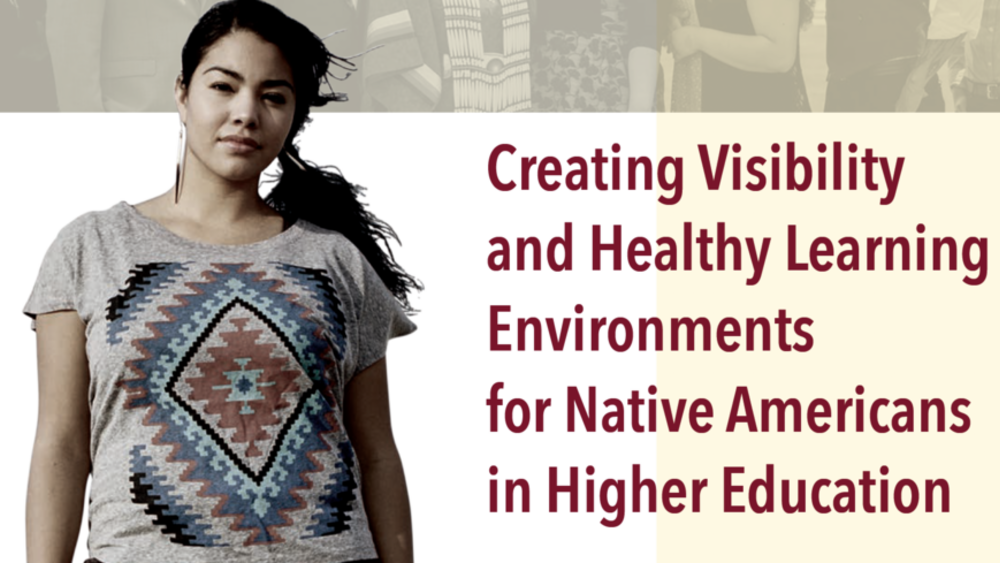
Creating Visibility and Healthy Learning Environments for Native Americans in Higher Education
In 2018, a research project investigating national public opinion about how non-Natives perceive Native peoples (Reclaiming Native Truth, First Nations Development Institute & Echo Hawk Consulting, 2018) revealed that most people believe that the Native population is declining, and most do not…
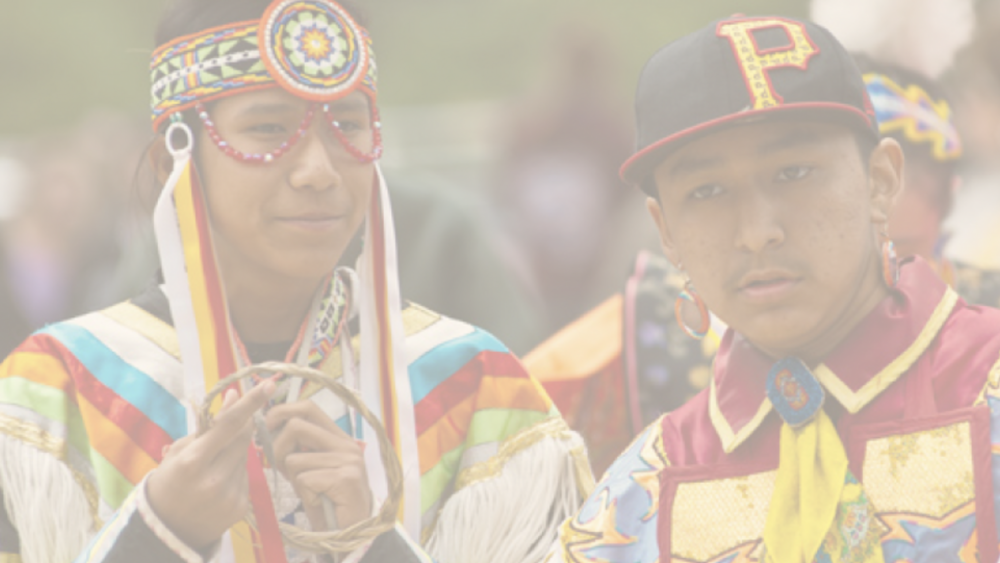
Becoming Visible: A Landscape Analysis of State Efforts to Provide Native American Education for All
Native Americans are unfortunately invisible to many. Most Americans likely have attended or currently attend a school where information about Native Americans is either completely absent from the classroom or relegated to brief mentions, negative information, or inaccurate stereotypes. This…

Changing the Narrative about Native Americans: Reclaiming Native Truth Allies Guide
Native Americans live, thrive and lead all across the United States. As students and teachers, artists and soldiers, doctors and lawyers, and in every walk of life, Native American people work, vote, volunteer, pay taxes, invest in the collective future of all our children, and contribute to their…
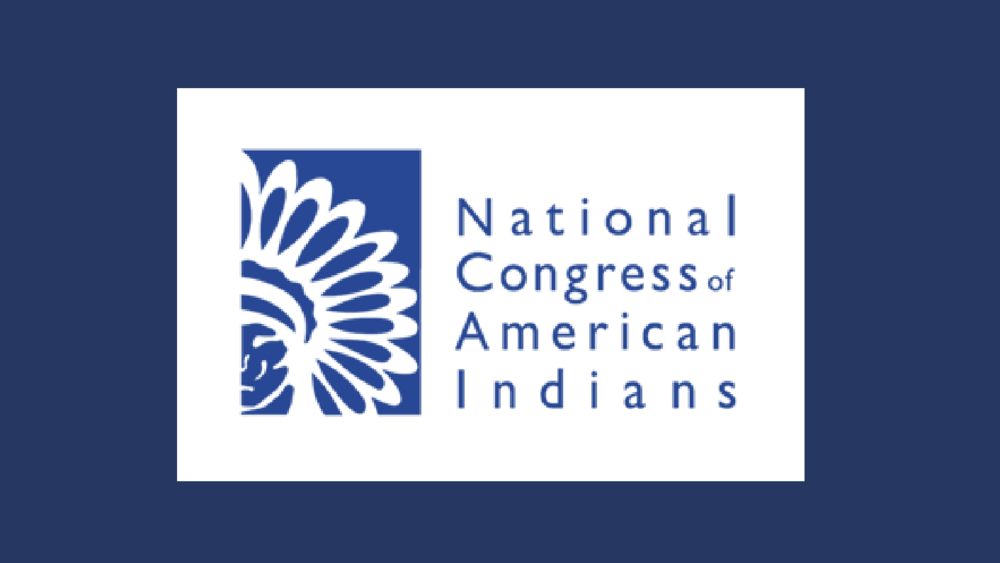
NCAI National Native Organizations 2018
A list of national Native organizations compiled by the National Congress of American Indians.
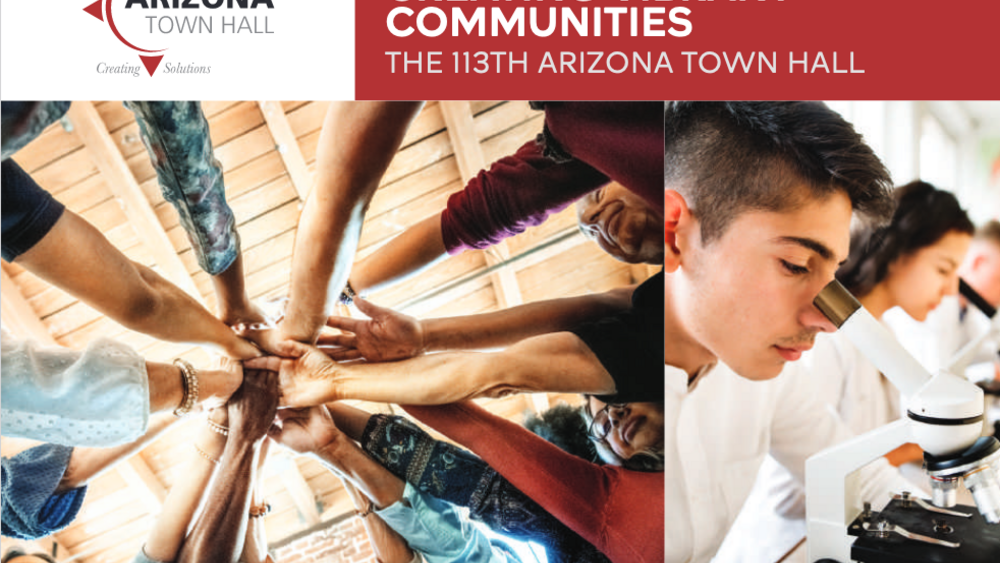
Creating Vibrant Communities Background Report - The Role of Tribes and Tribal Relations in Creating a More Vibrant Arizona Chapter
Arizona’s rich history begins with its Native inhabitants. Since time immemorial, Native Peoples built their own vibrant communities in the region’s river valleys, high deserts, mountains, and forests. Western archeologists affirm this long occupancy; they document ancestral Puebloan, Sinagua,…
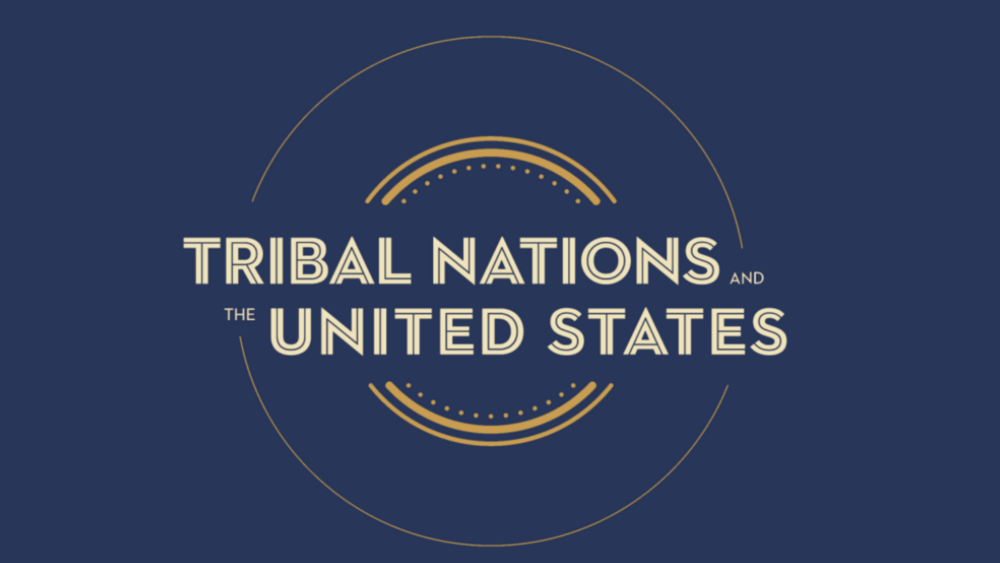
Tribal Nations and the United States: An Introduction
Tens of millions of Indigenous peoples inhabited North America, and governed their complex societies, long before European governments sent explorers to seize lands and resources from the continent and its inhabitants. These foreign European governments interacted with tribes in diplomacy, commerce…
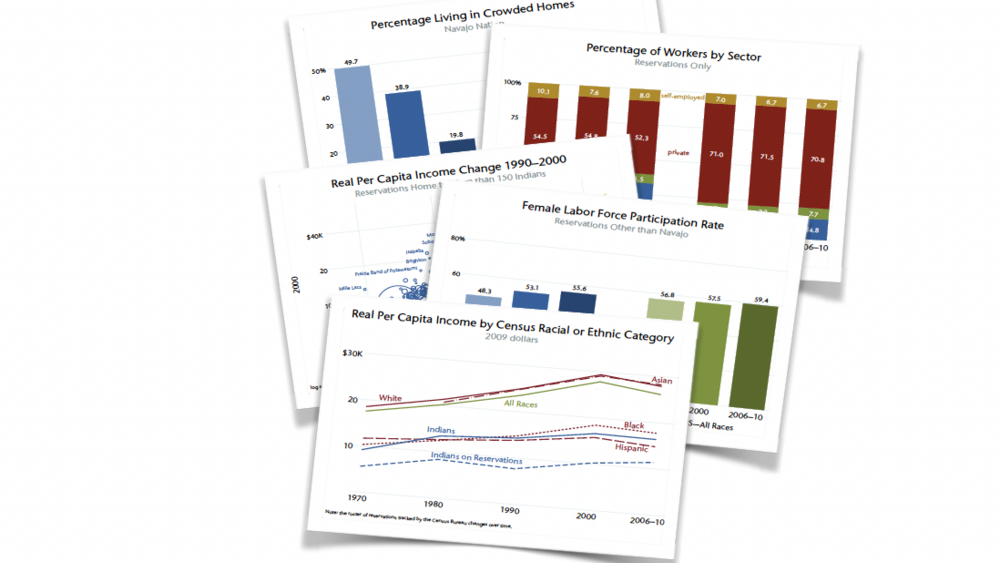
Social and Economic Change on American Indian Reservations
By 2010, the vast majority of American Indian tribes could be considered gaming tribes. We estimate that more than 92% of all American Indians on reservations lived on reservations with gaming operations. Gaming operations have an impact on almost every American Indian reservation given the…

Doing Business in Indian Country
This paper sets forth some of the issues to be considered and addressed when entering into a commercial transaction with a federally recognized Indian tribe or tribal entity, a tribally-controlled business enterprise or an Indian-owned, reservation-based business enterprise. This paper deals only…
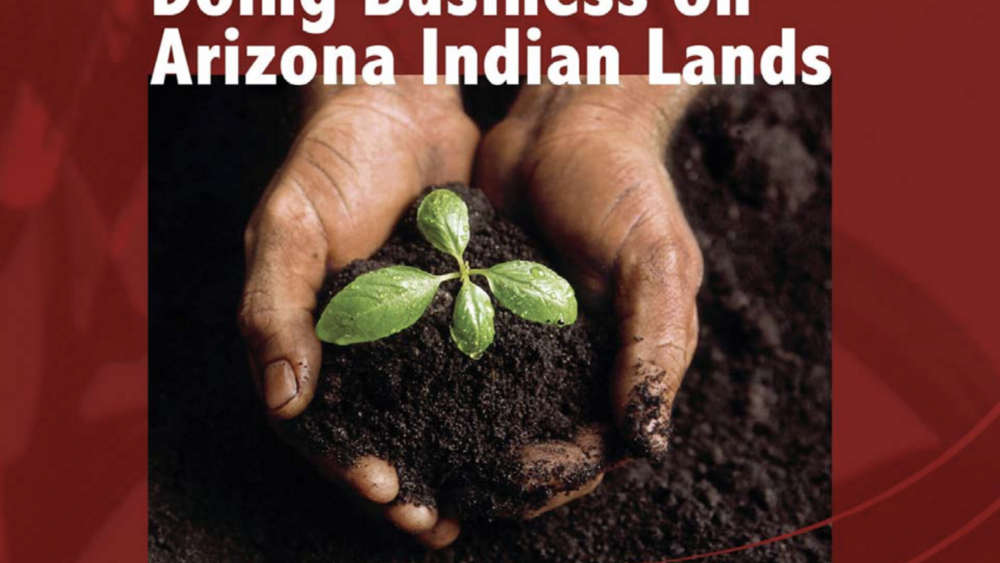
Doing Business on Arizona Indian Lands: Navajo Nation
Doing Business on Arizona Indian Lands is a business and economic development resource for both Indian and non-Indian persons. The primary goal of this guide is to help readers recognize the economic potential of Arizona Indian tribes and to ease business and economic development by providing a…
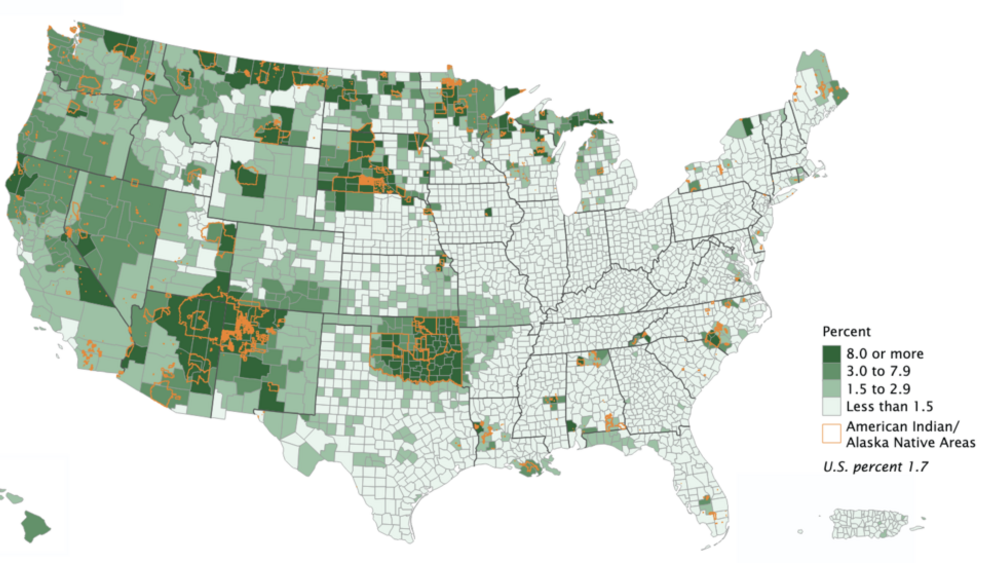
US Census AIAN 2010
This report provides a portrait of the American Indian and Alaska Native population in the United States and discusses that population’s distribution at the national level and at lower levels of geography. It is part of a series that analyzes population and housing data collected from the 2010…
